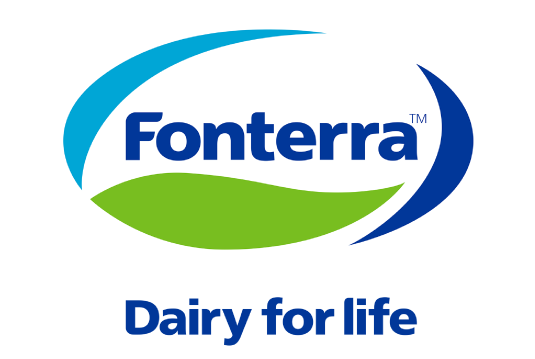The lowdown on lactose and intolerance

Lactose is a natural sugar found in milk and is a natural source of energy.
To unlock this energy, our small intestine must produce an enzyme called lactase, which breaks down lactose so our body can absorb it. When our body’s ability to make lactase diminishes, the result is lactose intolerance, which can cause gastrointestinal symptoms (e.g. nausea, bloating, diarrhoea and/or abdominal pain).
However, while some people can’t absorb lactose easily, most don’t have actual diagnosed lactose intolerance. True lactose intolerance is rarely diagnosed by medical testing, and some people who believe they are lactose intolerant may actually be suffering from other disorders, such as Coeliac disease or Irritable Bowel Syndrome (IBS).
It’s also commonly thought that people with lactose intolerance need to avoid all dairy – but that’s not true.
Experts recommend that people with lactose intolerance consume small and regular amounts of dairy, so, for example, one glass of milk a day, particularly if it’s spread out throughout the day or consumed with meals when it can be better tolerated.
Avoiding dairy because of lactose intolerance could result in a lack of key nutrients in your diet so expert medical advice should be sought to help you continue to enjoy milk and optimise your nutrition intake.
It is important to note that not all dairy products cause these gastrointestinal symptoms for certain people and some can actually reduce or stop them altogether.
Yogurt with live active cultures, or probiotics, typically do not produce these symptoms, as the active cultures help to break down lactose before and after consumption. Also, the longer the food is fermented, the less the lactose content will be, as the healthy probiotics survive by eating the lactose sugar.
Our Ingredients business, NZMP, also makes a Low Lactose Instant Milk Powder, which we export around the world. It contains less than two per cent lactose so people who avoid dairy due to lactose concerns can now enjoy milk and all the goodness that comes with it. A glass of this low-lactose milk contains all the nutrients found in a glass of standard milk. Nothing is added or removed - the lactose is simply broken down into more digestible sugars for those with reduced ability to digest lactose.
Hard cheese, which is naturally low in lactose, and zero lactose milks are also dairy products that can be safely consumed. At a global level, sales of zero lactose milk continue to rise, outstripping plant-based alternatives like almond ‘milk’, and there are now zero lactose versions of yoghurt, sour cream and butter.
Disclaimer: If you have lactose intolerance, or are experiencing symtoms of lactose intolerance, please speak to your healthcare professional for more information.


